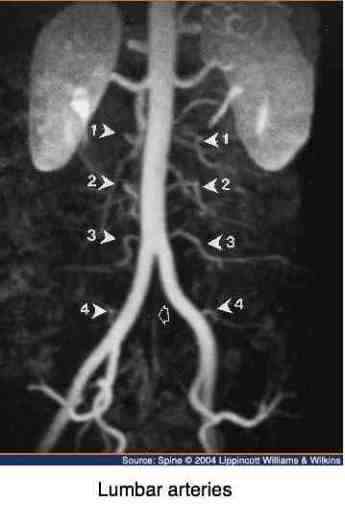Function-centred training versus drugs
Function-centred training versus drugs evaluates a three year randomised study of 174 patients suffering from low back pain.
Function-centred training versus drugs is a three year randomised study of 174 patients suffering from low back pain who were placed in two different programmes:
- Function-centred inpatient training
- Pain-centred programme using medication
Lower back pain is epidemic in western society; the etiology is complex, but inactivity and poor blood flow to the lumbar spine are fingered as high on the list of causes.
Smoking and atherosclerotic arteries inhibit the flow of richly oxygenated blood to the region to facilitate healing of the tissues.
Into this scenario, Drs Stefan Bachmann and John Verhoef at the Valens in patient clinic in Switzerland researched whether medication, or movement, was likely to have better long term results.
Being an inpatient programme, both were expensive, but those on function-centred rehabilitation had
- Significantly fewer sick leave days
- Were 8% less likely to be permanently disabled,
compared with those on medication only.
"It is good to rub and polish your mind against that of others.
-Michel de Montaigne, essayist (1533-1592)

Surgeons openly admit that smoking is the greatest risk factor in lumbar surgery, and we have to acknowledge that in the manipulative setting, it's a grave hindrance to healing.
Whether it's the coughing that increases the pressure dramatically in the disc, or the lack of oxygenated fluid reaching the soft tissues, smokers are on the back foot from day one when it comes to all forms of treatment of their lower back pain.
I try hard to encourage them to at least cut back hard for the duration of the treatment, and to consider giving up permanently.
Retirement
Being now semi retired myself, and so enjoying life, I shudder at the thought of having it cut short for any reason; smoking remains a pernicious blight on our society.
Chiropractic
Frankly, neither the medication nor the rehab programme produced particularly impressive looking results with around 50% of the patients being permanently disabled after three years in either programme. However, lets acknowledge that every patient was probably a tough case.
However, the 118 days worked in their normal office or factory environment by those in the rehab programme versus the 74 days of those on the medication programme (after one year) amounts to enormous savings for the employers, and quality of life for the patients.
Perhaps it is time for our Swiss chiropractic colleagues to challenge their physiotherapist compatriots to a competition. I reckon we can beat that 8 percent less likely to be disabled.
Function-centred training versus drugs
Function-centred training versus drugs weighs the cost effectiveness.
- Home >
- Lower back exercises >
- Function-centred training versus drugs
Did you find this page useful? Then perhaps forward it to a suffering friend. Better still, Tweet or Face Book it.
